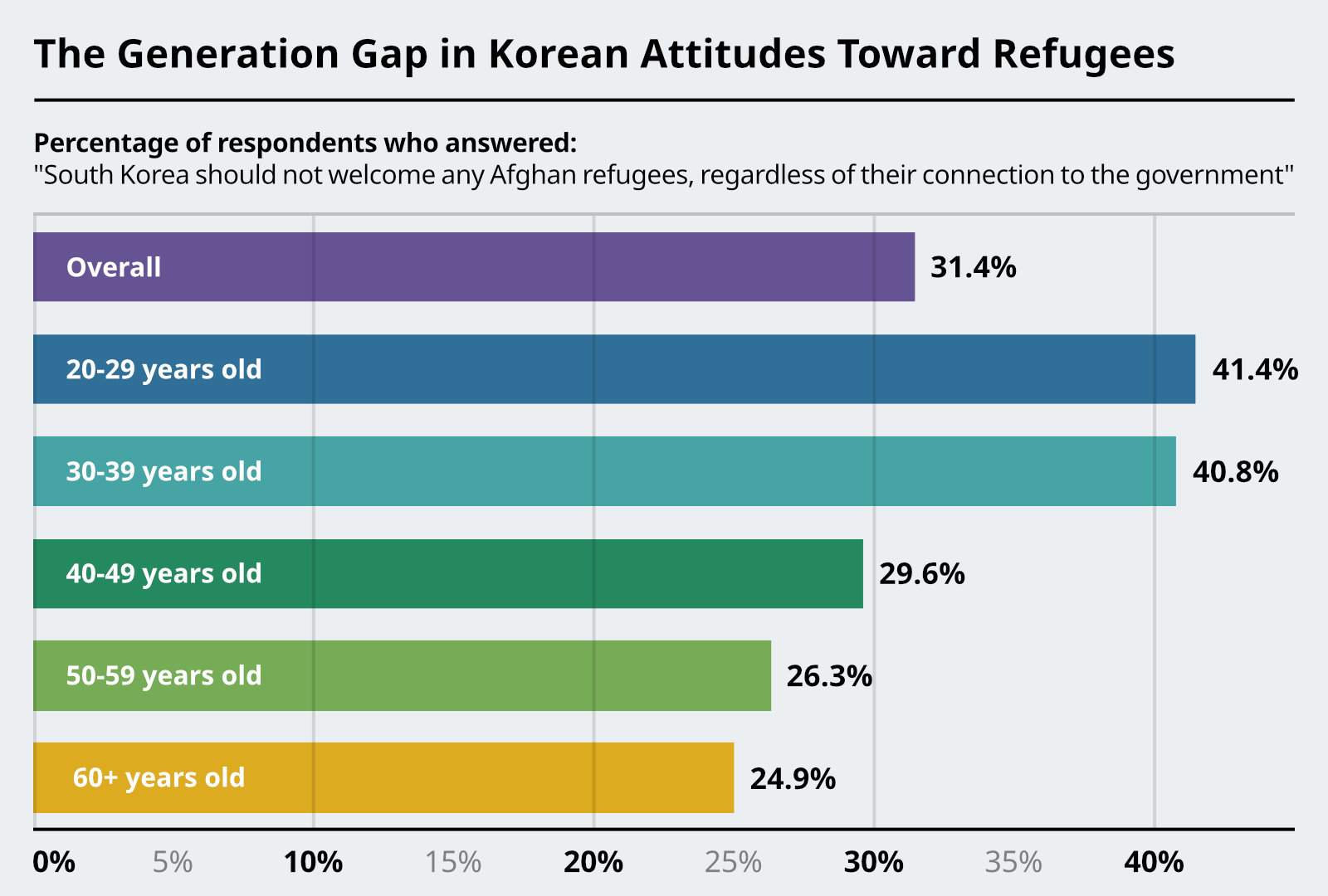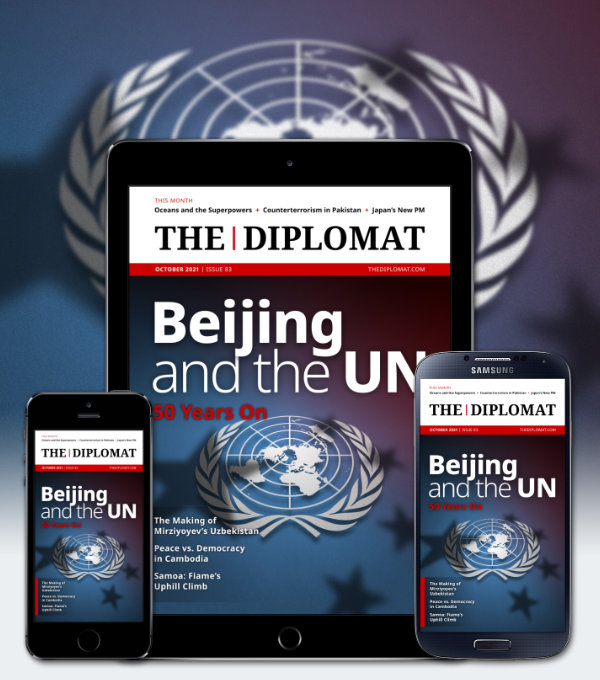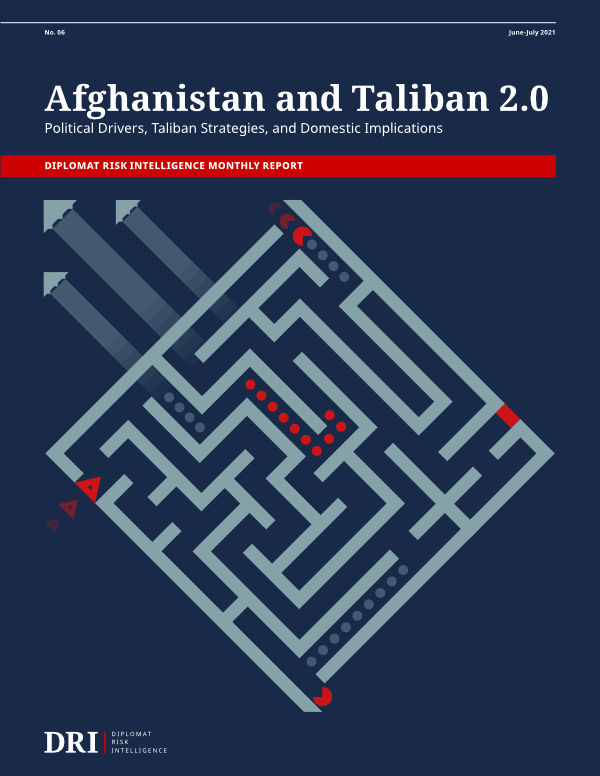| Welcome to the latest issue of Diplomat Brief. This week our top story looks at the Indians still stranded in Afghanistan, over a month since evacuation efforts ended along with the U.S. withdrawal. We also have an interview with Wendy Cutler, vice president at the Asia Society Policy Institute and a former trade negotiator herself, on the implications of China and Taiwan’s separate bids to join the CPTPP. |
| Story of the week |  | Society The Indians Still Stranded in AfghanistanWhat Happened: The Taliban entered Kabul on August 15. For the next two-plus weeks, the international community scrambled to evacuate citizens from Afghanistan before the operation ended with the United States’ final withdrawal on August 31. When the dust settled, at least 100 Indians had been left behind – and they are increasingly frantic, as the Indian government has not offered much advice or aid. Our Focus: “The [Indian] government is yet to decide what to do. We were supposed to leave Afghanistan on 3rd October but it seems we still can’t get out. The Ministry of External Affairs themselves don’t know what to do,” one Indian expat in Afghanistan told The Diplomat. “If the situation continues like this, we would have no option left but travel using land routes via Pakistan,” said another. “It’s better than being stuck here. We have families and children waiting back home. We are getting extremely frustrated. We are running out of money.” What Comes Next: With Kabul’s airport still offering limited international flights and many of the land-based borders closed, there are few options for the Indians to leave. “Indians cannot go through Pakistan. It’s not safe!” one former NGO worker exclaimed. “Iran is no longer issuing visas to them, the northern corridor countries are all closed and require visas.” For now, the Indians remain stuck. And they are more and more disillusioned with the Modi government, which is seemingly powerless to help them. Read this story |
| Behind the News | INTERVIEW Wendy CutlerWendy Cutler, vice president at the Asia Society Policy Institute and former U.S. acting deputy trade representative, on the next steps for China and Taiwan’s CPTPP applications: “The first decision point for CPTPP members will be whether to establish a formal Working Group that would kickstart actual accession negotiations. This decision needs to be taken by consensus of those CPTPP members that have brought the agreement into force, which currently totals eight… If any of the eight members blocks the decision, the Working Group cannot be established.” Read the interview |
| This Week in Asia | Northeast Asia Biden’s China Policy Starts to EmergeAfter a months-long internal review process, the Biden administration is beginning to publicly roll out the pieces of its China policy. The initial policy speech from U.S. Trade Representative Katherine Tai, however, left us with more questions than answers. Find out more | South Asia Another Flare-Up on the China-India BorderOn August 30, over 100 Chinese soldiers reportedly crossed the Line of Actual Control (LAC) at Barahoti in Uttarakhand, opening up yet another front along the unsettled China-India border. Troops from both sides remain deployed on several points along the northern LAC; the Barahoti incursion is in the previously quiet middle sector. Find out more | Southeast Asia ASEAN Running out of Patience with the Myanmar JuntaAs ASEAN moves toward its biannual summit in late October, the 10-nation Southeast Asian bloc is finally losing patience with Myanmar’s military government. Due to the junta’s near-total lack of cooperation on the Five-Point Consensus agreed in April, Malaysia’s foreign minister has threatened Myanmar’s exclusion from the upcoming summit. The move follows reports that the junta has refused to grant ASEAN envoy Erywan Yusof access to ousted civilian leader Aung San Suu Kyi. As the situation inside Myanmar continues to worsen, its crisis threatens to overshadow the preparations for, and proceedings of, the upcoming summit. Find out more | Central Asia Tajikistan and Taliban TensionsLast week, Tajik and Taliban authorities exchanged verbal barbs. This week, Russia and Pakistan urged both to cool it, worried that tensions could escalate into fighting on the border. Tajikistan has positioned itself as the Central Asian state most resistant to recognizing the Taliban, dredging up memories of Dushanbe’s support for the Northern Alliance in the 1990s. Find out more |
| Visualizing APAC |  | Younger Koreans are far less likely to welcome Afghan refugees – even those who have worked for the South Korean government. See the full picture |
| Word of the Week | ECONOMY ТоқалTokal, Kazakh for “unofficial wife” (as opposed to baibishe, a man’s legal wife). Find out more |
| Webinar | The Diplomat Asks Can China and the US Cooperate on Climate Change?What are the prospects for China-U.S. cooperation on climate change, particularly in the lead-up to the U.N. climate summit in November? And if bilateral cooperation stalls, what other avenues are there for making progress on our planet's most pressing challenge? Join us on October 20 at 8 p.m. U.S. Eastern time for an expert overview of the prospects for China-U.S. cooperation on our planet’s most pressing challenge. Sign up for the webinar |
| NOTE | The Diplomat Newsletter will be on hiatus next week, October 13, but will return on October 20. Thank you for subscribing! |
|  |





